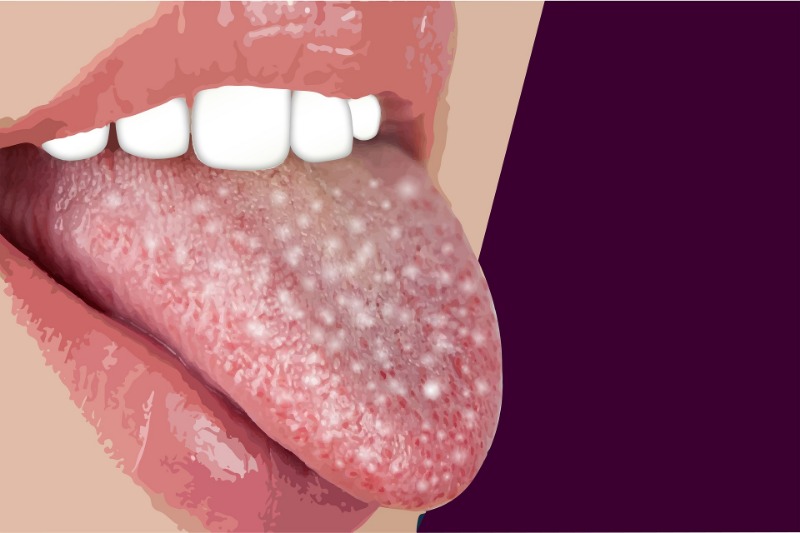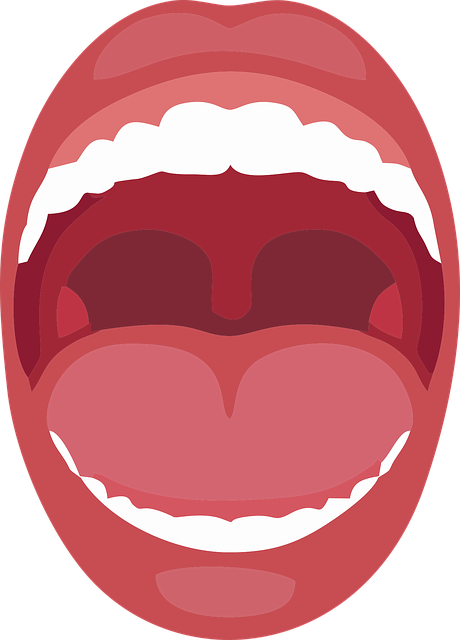Oral Thrush: Symptoms, Causes, and Treatments

A situation in which the fungus Candida albicans build-ups on the lining of your mouth is called oral thrush. In such a situation, a creamy white lesion is usually noticed on your tongue or inner cheeks. To put it in simple words, the lesions can be hurting. Furthermore, they may bleed a little when you scrape them. At times oral thrush may extend up to the roof of your mouth, your tonsils, your gums, or the back of your throat.
While it can affect anyone, it’s more expected to take place in babies and in people who use inhaled corticosteroids, wear dentures, or have compromised immune systems. Accordingly, it is important to keep in mind that if you have a weakened immune system, symptoms of oral thrush may be severe and hard to control.
This blog particularly intends to explain the symptoms, causes, and treatments of oral thrush.
Symptoms of Oral Thrush
In its first phase, oral thrush may not show any symptoms. However, as the infection gets worse, you may notice one or more of the following symptoms:
- White or yellow patches of bumps on your inner cheeks, tongue, tonsils, gums, or lips
- Pain or burning in your mouth
- A cotton-like sensation in your mouth
- Slight bleeding if the bumps are scraped
- Dry, cracked skin at the corners of your mouth
- Trouble in swallowing
- A loss of taste
- A bad taste in your mouth
To put it in simple words, if you notice, any of the symptoms mentioned above don’t overlook them. Most importantly, the fungus that causes oral thrush can also cause yeast infections in other parts of your body. Now, you must be wondering to know the causes of oral thrush. Let’s discuss this.
What Causes Thrush?
- Overgrowth of the fungus Candida albicans
- Diabetes can contribute to oral thrush
- Cancer treatments, including chemotherapy and radiation therapy, make you more susceptible to oral thrush
- Conditions like leukemia and HIV that weaken your immune system may increase the risk of developing oral thrush
Is Oral Thrush Contagious?
To put it in simple words, in case you have oral thrush, it’s possible to pass the fungus that causes this condition on to someone else. Generally, this happens when you kiss them.
The fungus responsible for oral thrush at times causes yeast infections in other body parts. In some cases, you may pass the fungus from one part of your body to another part of someone else’s body.
Do you have oral thrush, a vaginal yeast infection, or a penile yeast infection? You can then pass the fungus to your partner during sex.
The infection may get transmitted to your baby while breastfeeding to you if they breastfeed; if you have a breast yeast infection or nipple yeast infection.
Treatment for Oral Thrush

To treat oral thrush, your Dentist in Toluca Lake may prescribe one or more of the following medications:
- Fluconazole, an oral antifungal medication
- Clotrimazole
- Nystatin
- Itraconazole
- Amphotericin B
Dr. Sahakyan is likely to ask you a number of questions. To mention a few, say, when did you begin experiencing symptoms, if you have asthma if you have you recently taken antibiotics for an infection, etc. Accordingly, he begins the treatment. Once your Toluca Dentist, begins the treatment, oral thrush generally goes away within a couple of weeks. However, don’t fail to consider, that in some cases, it can return.
Risk Factors of Oral Thrush Toluca Lake
In particular, certain medical conditions, treatments, and lifestyle factors may cause babies, toddlers, and older adults to develop oral thrush. Furthermore, it can increase the risk of thrush by weakening the immune system in the body.
Don’t panic! Oral thrush is common and curable. Call My Dentist Toluca Lake at 818-483-9077 today to book an appointment with Dr. Sahakyan. Visit us for the best gentle professional care for your oral health.
